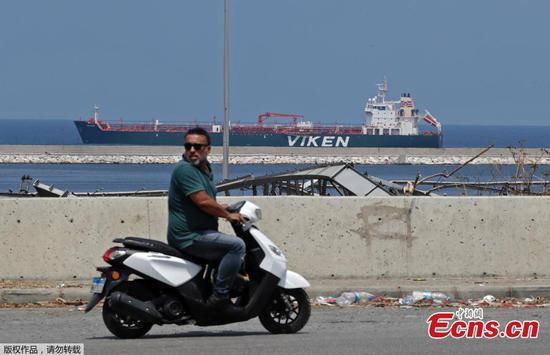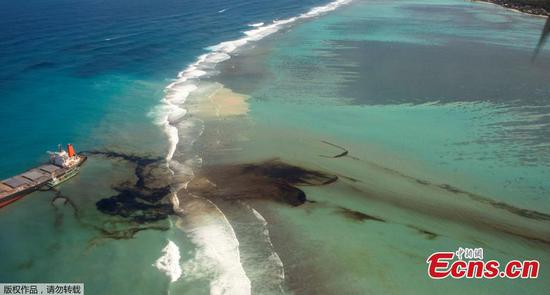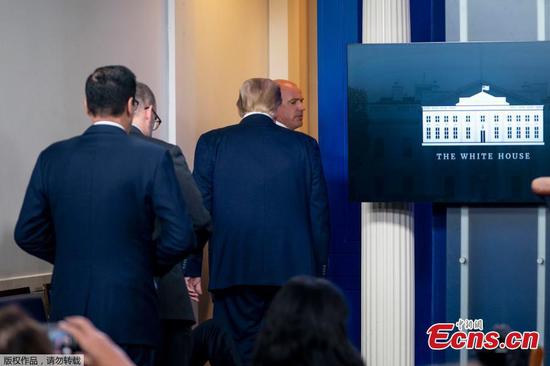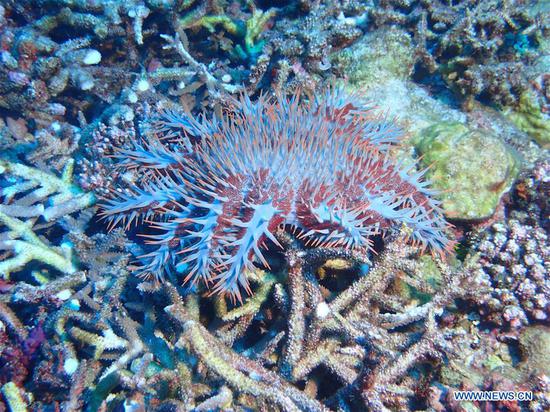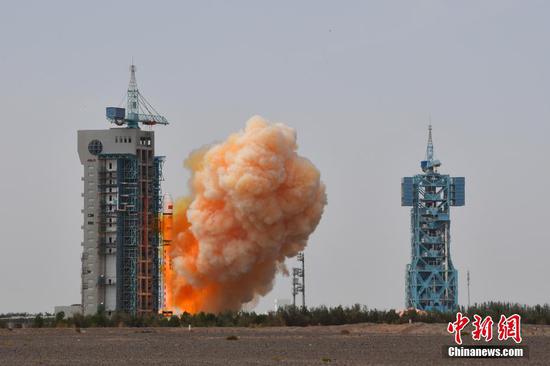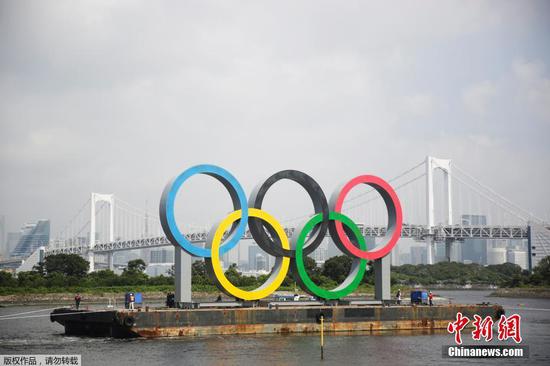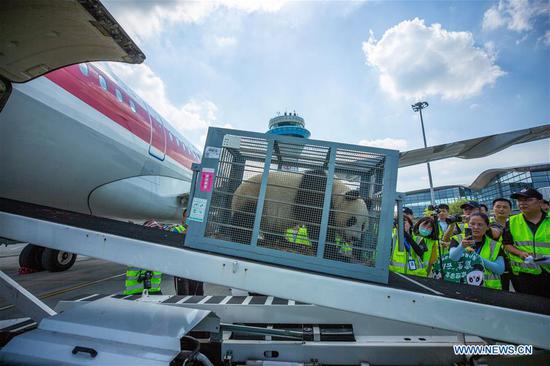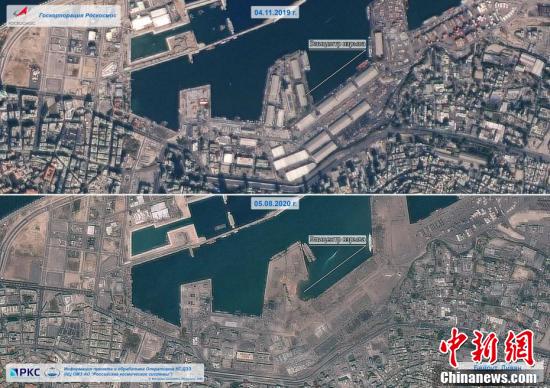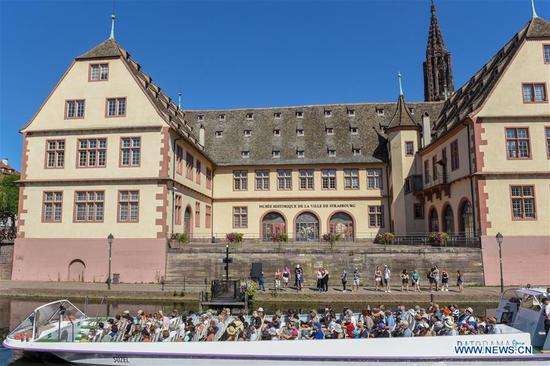Some countries involved in the Nord Stream 2 pipeline expect the project to be completed soon, despite the threat of U.S. sanctions meant to deter Europe's purchase of Russian gas, Russian Foreign Minister Sergei Lavrov said on Tuesday.
"The participants in the Nord Stream 2 project, including Russia, Germany and others, are determined that this project should be completed and, as I understand it, there is reason to believe that this will be done in the very near future," Lavrov said at a news conference after meeting with his German counterpart Heiko Maas in Moscow.
Maas said that "no state has the right to dictate Europe's energy policy with threats, and this will not succeed".
German energy company Uniper, which is among those financing the controversial pipeline, warned earlier this week that the multibillion-euro project to bring oil from Russia to Europe may yet unravel as the U.S. ramps up its threats.
In its half-year financial report, Uniper said that the intensified U.S. efforts against the project mean "the probability of a delay or even noncompletion of the pipeline is increasing".
"We view the development with concern," Uniper Chief Executive Officer Andreas Schierenbeck said.
If the project isn't completed, Uniper may have to write off a loan provided to the Nord Stream 2 and forfeit the envisaged interest income, the company warned in its recently released report.
However, Schierenbeck added: "We believe that the project will be completed."
Nord Stream 2 is a multinational offshore natural gas pipeline project that will transport the Russian natural gas to Germany via the Baltic Sea. When finished, the 1,230-kilometer pipeline will have the capacity to deliver 55 billion cubic meters of gas a year from Russia.
Energy security concerns
Citing energy security concerns, the United States has repeatedly threatened to impose sanctions on the project's participants.
"We must state that sanctions between partners are indeed the wrong and false path. In the end, it is our sovereign decision where we will buy energy from," Maas said.
Lavrov said the United States pursues "roughly one goal: to have the opportunity and the right to do whatever it pleases in the world's politics, economy and in any sector of human activity".
That's why Washington abandons multilateral agreements and exits from all multinational organizations or any structures that it considers constrains its freedom of action in one way or another, Lavrov said.
Last week, three U.S. senators threatened German port operator Faehrhafen Sassnitz with sanctions over its support for the project.
In their letter published on Friday, the three senators warned that the port operator could destroy its future financial viability if it does not cease all cooperation with companies working on the pipeline.
Maas said on Monday that he had complained to U.S. Secretary of State Mike Pompeo about the senators' threat.
"I mentioned it in a telephone call yesterday (on Sunday) and expressed my surprise and displeasure," said Maas.
U.S. President Donald Trump has long voiced his opposition to the pipeline, complaining about Germany's large payments to Russia for energy supplies and its "delinquency" on military spending shortfalls for its NATO commitments.
The German government and officials have repeatedly condemned the U.S. threats of sanctions and Washington's extraterritorial reach in administration.
Xinhua - Agencies











